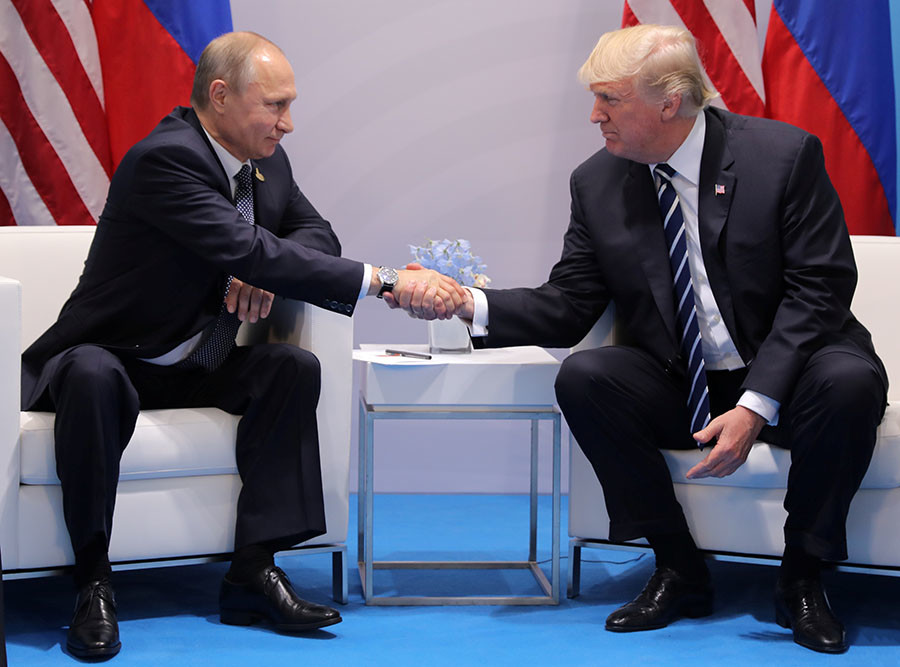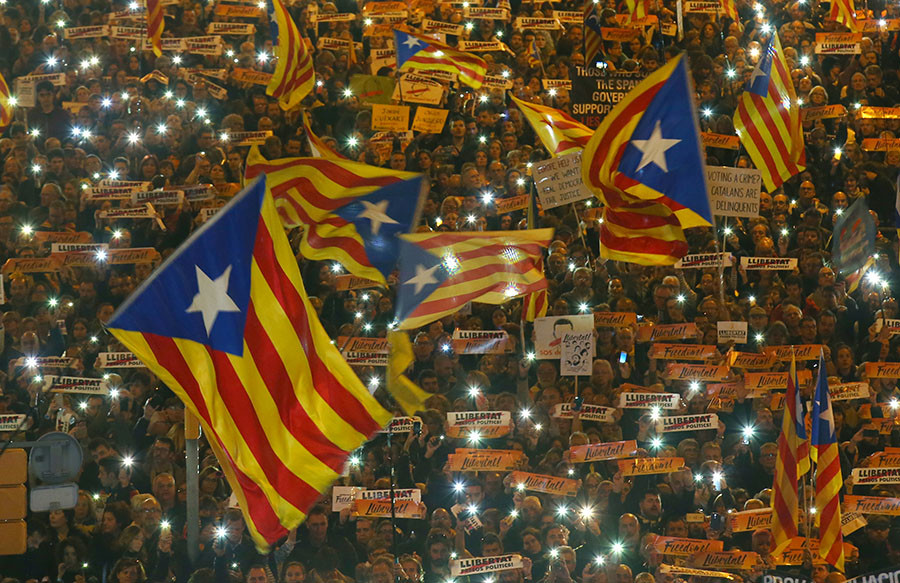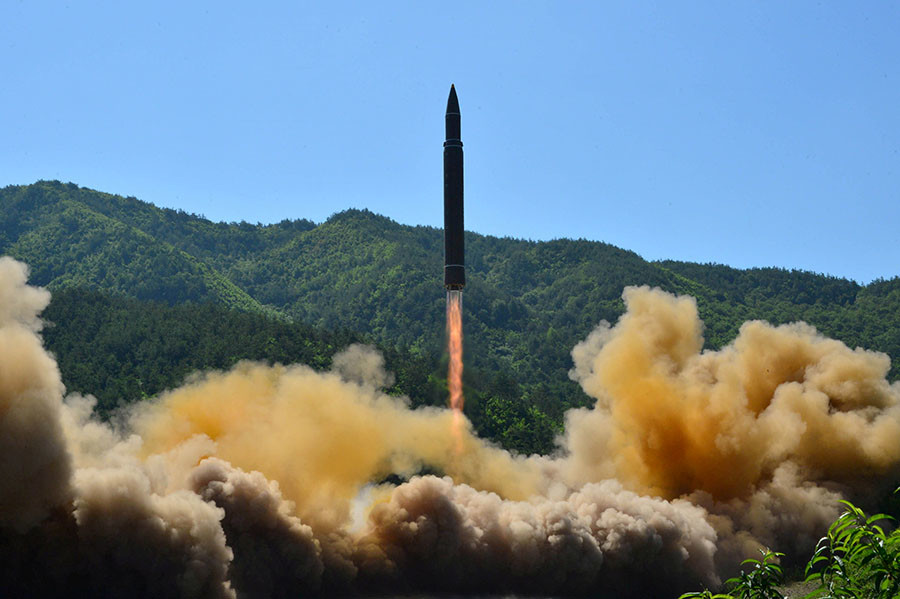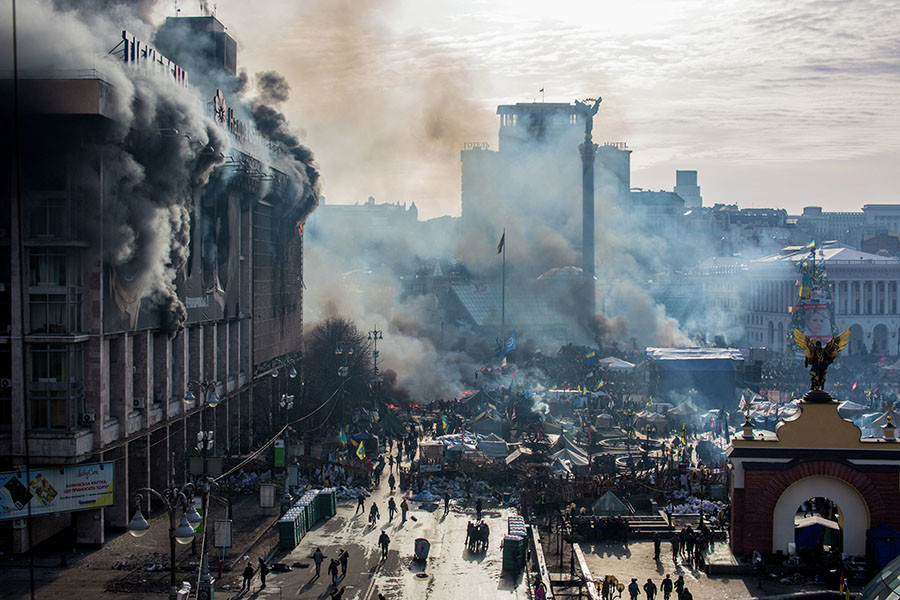![]()
President Putin has just conducted another marathon end-of-year Q and A sessions with Russian and international journalists. Putin covered a wide variety of issues on both foreign and domestic policy matters.
Here are the key points to takeaway.
1. Eurasian Economic Union (EAEU)
President Putin was asked several questions about the speed and efficacy of EAEU integration. Putin responded positively saying that all member states including Russia, Kazakhstan, Kyrgyzstan, Armenia and Belarus, have been working closely to modernise both physical and digital infrastructure across member states. This includes the ability to receive and track items via digital customs forms as well as joint investment projects.
Putin noted that the aggregate growth rate of the EAEU is even higher than that of the Russian Federation in isolation, which is proof positive of the fact that cooperation is mutual beneficial, while based on a model that does not threaten the sovereignty of any member state (a charge commonly levelled against the European Union).
He also responded positively to a question from a Kazakh journalist about using news media to help inform the public about the progress of the EAEU, before mentioning that far from being a reaction to EU sanctions, the EAEU was the brainchild of Kazakh President Nursultan Nazarbayev–one which predates the post-2014 sanctions from the west.
With Iran set to join the EAEU in 2018, President Putin’s positive response signifies Russia’s general optimism about the future of its role as a Eurasian leader.
http://theduran.com/breaking-iran-join-eurasian-economic-union-diplomatic-sources/
2. North Korea
President Putin stated that Russia does not accept the nuclear status of North Korea, but that one must work with a realistic attitude to de-escalate tensions in the region.
Putin also roundly condemned US provocations, questioning why this could be reasonably expected to improve the situation.
He once again referenced his analogy to Iraq and Libya, saying that when Pyongyang saw how the US destroyed two countries without the means to protect themselves, North Korea took the logical step to implement measures to do so. Putin further reminded journalists that the situation was exacerbated by the unwillingness of the US to engage in constructive talks in the past with Pyongyang which could have produced a lasting treaty for peace and de-escalation.
Putin then said that Rex Tillerson’s recent statements, indicating that Washington may be willing to discuss the matter directly with Pyongyang was a positive development, even though Washington seemed to negate Tillerson’s statement within 24 hours of him making it.
3. Syria
Putin stated that he “had to” go to Syria in order to make his announcement regarding a partial troop withdrawal. He stated that most of the terrorist groups in Syria have been defeated and security issues involving his trip were coordinated with Russian troops in Syria in a highly professional manner.
Putin however stated that further work must still be done to destroy that which remains of the terrorist threat in Syria. He said that increasing the welfare of people is crucial to prevent terrorist in the future. Turning to the peace process, the Russian President stated,
In Syria, all the parties involved should resist the temptation to take advantage of short-term political goals.
We see that terrorists are escaping Syria to Iraq and the US doesn’t hit them because they may want to use them later against (Syrian President Bashar) al-Assad… That’s very dangerous”.
Putin further stated that while working with international partners, including the Syrian government as well as Turkey and Jordan, it is important to help actual Syrian refugees return to their homes in a post-conflict environment. He further stated that children of Russian citizens brought to Iraq and Syria by terrorists, should be re-integrated into the social life of various republics and regions of the Russian Federation.
4. Ukraine/Donbass conflict
Putin lamented the unwillingness of the Kiev regime to implement the protocols of the MINSK II accords. He further lamented that even when the Rada (parliament) in Kiev approved a special status for Donbass in-line with MINSK II, Kiev’s forces continue to act aggressively.
He then stated that because of this, it is important that the militias of Donbass are able to defend themselves. Putin also said that he remains confident that even without Russian assistance, they will be able to do so and that it was necessary for the people of Donbass to remain armed so as to avoid a “massacre” at the hands of Kiev’s troops, ultra-nationalist (neo-Nazi) volunteers and pro-Kiev mercenaries.
Turning to the power struggle in Kiev between regime leader Petro Poroshenko and former Georgian leader Mikheil Saakashvili, he called the former Georgian leader who is wanted as a criminal in his home country “pathetic”. He asked rhetorically why people from Ukraine aren’t able to produce a prospective new leader themselves?
He then talked of the united history of the Slavic people and how the medieval Rus formed their first state in Kiev. He mentioned that central regions of what is now Ukraine rejoined the Russian Empire in 1654 and that after wars with Ottoman Turkey, other areas (Novorossiya and Crimea) became incorporated into Russia. These areas along with parts of former Polish governed regions in the west were added to Soviet Ukraine in 1945. Putin then remarked that the 1954 transfer of Soviet Crimea to Soviet Ukraine was in fact illegal according to the Soviet laws of the era.
The conclusion that Putin drew was that while most Russians and Ukrainians see themselves as part of a wider fraternal nation, the future is up to people in Ukraine, in respect of how they would like to govern themselves. If they choose to remain totally separate from Russia, this is their choice and they will have to work to improve their conditions themselves if this is the final decision of Ukrainians.
5. Relations with China/One Belt–One Road
President Putin stated that he welcomes the decisions taken by the ruling Communist Party of China in terms in further modernisation programmes and an increased emphasis on respectful cooperation with international partners via the One Belt–One Road initiative.
He further stated that Chinese model is similar in many ways to that which Russia is currently building internally and among Russia’s international partners.
Putin praised the fast growth of the Chinese economy and credited them to good decisions made by President Xi Jinping and his predecessors. He called China a “strategic partner of Russia” and said that Russia and China have $63 billion in trade turnover. Putin expressed his optimism that this figure is likely to increase in the very near future.
Putin stated that the EAEU and One Belt–One Road are compatible and that Russia seeks to participate in broader cooperation in Asia and that progress has been made in this area all the time.
He further stated,
“China is part of some major projects in the Arctic, we’ve just launched the first stage of the Yamal liquefied natural gas project – China is a major investor.
…We have another great project on high-speed transit, we support high-speed transit from China to Europe via Russia.”
Finally, Putin stated that irrespective of the restults of next year’s Presidential election in Russia,
“I have full confidence that cooperation with China is beyond any political agenda – we’ll remain strategic partners for a long period of time”.
6. 2018 Russian Presidential elections
Vladimir Putin confirmed for the first time that he plans to run in the 2018 Russian Presidential elections (scheduled for March) as an independent candidate. He stated that he looks forward to engaging in dialogue with many political parties in the hopes of winning their endorsement.
Later he was asked a question directly by Ksenia Sobchak, a Presidential hopeful in the 2018 elections, but not a candidate who is widely regarded as serious. The main challengers to President Putin’s incumbency will be Communist Party of the Russian Federation (KPSU) leader Gennady Zyuganov and Liberal Democratic Party of Russian (LDPR) founder and leader Vladimir Zhirinovsky.
However, because Sobchak has attained her fame through being a so-called ‘socialite’, much attention has been on her.
President Putin however took her to task, saying,
“I said the opposition needs positive proposals – what are you offering?
…The people you mentioned (including Aleksey Navalny) are the Russian versions of Mikhail Saakashvili… Do you want Russia moving from one Maidan-style situation to another?
…Most Russians don’t want that”.
7. US withdrawal from the Intermediate-Range Nuclear Forces Treaty
President Putin remarked on the unfortunate results of the US unilaterally withdrawing from the Intermediate-Range Nuclear Forces Treaty (INF Treaty) but said that Russia remains committed to the principles of the treaty in line with Russia’s commitment to international protocols.
He stated that when the US puts missiles close to Russia’s borders, particularly on Russia’s European borderlands, Russia will respond by taking appropriate measures in respect of defensive military mechanisms within Russia’s borders.
8. Russiagate/Donald Trump
US based ABC news asked President Putin about the ongoing ‘Russiagate’ scandal with Donald Trump, which in reality ought to be called Israelgate due to the fact that Israeli’s Prime Minister colluded directly with Trump transition team officials, in order to try and influence the foreign policy of other nations and the UN itself. While President Putin stayed clear of this issue, he said the following:
“It’s up to the American people to assess Trump, not me. But look at the markets, they are up, indicating investors trust him. We also respect the US opposition. I don’t know if Trump still has the same desire to cooperate closely with us, but I hope we can work closely on a range of issues.”
Turning to so-called Trump collusion with Russia, Putin said,
“That’s been invented by those aiming to de-legitimize Trump. These people don’t understand they are undermining their own country, they aren’t showing respect for Americans that voted for Trump”.
Finally, turning to contacts between Russian diplomats and Americans, the Russian President stated,
“It is standard practice for diplomats to talk – what’s so strange about this? Why do you have this ‘Russia spy hysteria?”
Vladimir Putin: Russiagate “invented by those aiming to de-legitimize Trump”
9. 2018 World Cup
Putin stated that Russia has a long history of successful experiences in hosting international sporting events. He further stated that all major public infrastructure projects related to the World Cup, including the 12 World Cup stadiums in 11 Russian cities are on schedule, except for one stadium that has a 2 month delay.
Nevertheless, Putin stated that everything will be accomplished on time.
Vladimir Putin then stated that the funding for World Cup facilities is half drawn from public funds and the other half from private investors.
Other areas covered:
–There are no plans to increase taxation.
This issue will be considered again at the end of 2018
–Russia will not ban abortions
On this issue Putin stated,
“…in most modern countries today, it is up to the woman to make this decision.
If there was a total ban, we’d eventually have a criminal trade in this – women would go abroad, there would be illegal abortions… it does immense damage to women’s health, so we have to be careful….We are willing to support pregnant women, of course”.
–Afghanistan
Russia is willing to cooperate with international partners, including the US over security concerns in Afghanistan.
–Nuclear war
President Putin said that he felt the US decision to drop nuclear weapons on Japan in 1945 was something he disagrees with.
–Iraqi Kurds
Putin stated that Russia has good relations with Iraq and also good relations with Iraq’s Kurdish Autonomous Region. He said that he expects Kurdish leaders to respect the decisions of the Iraqi government and that he does not foresee anything drastic happening from this point forward.
Now sit down (comfrotably) and watch 3 hours and 42 minutes of Vladimir Putin taking questions from Russian and international journalists
The post 9 things you need to know from Vladimir Putin’s end-of-year Q&A session appeared first on RussiaFeed.





































